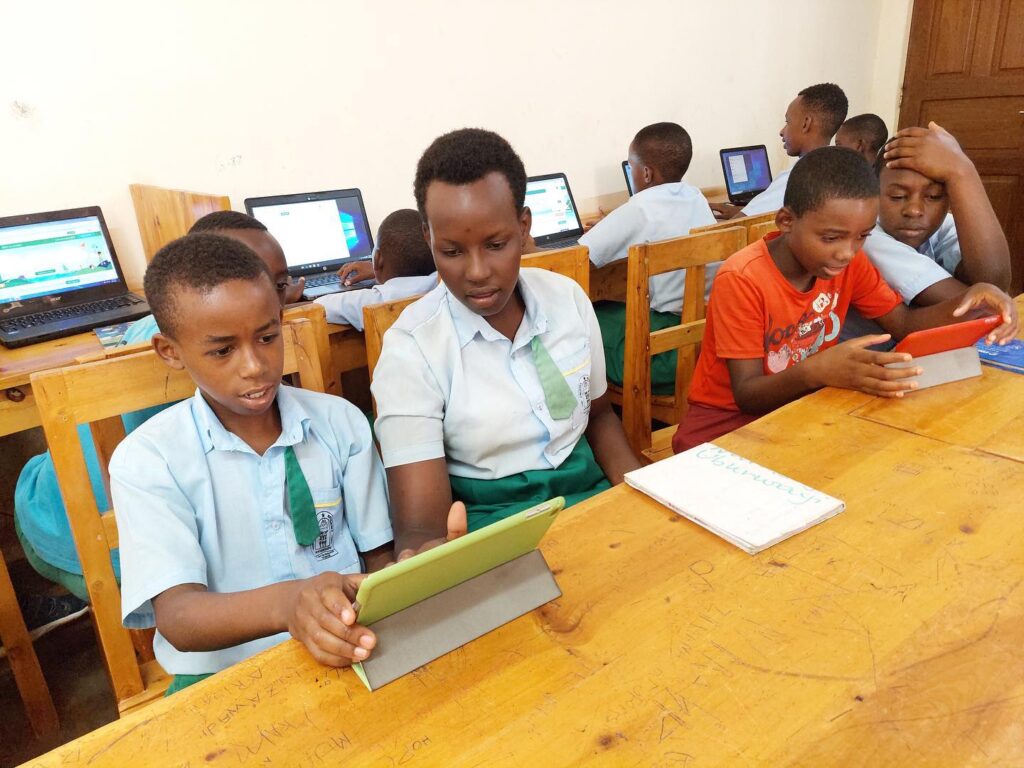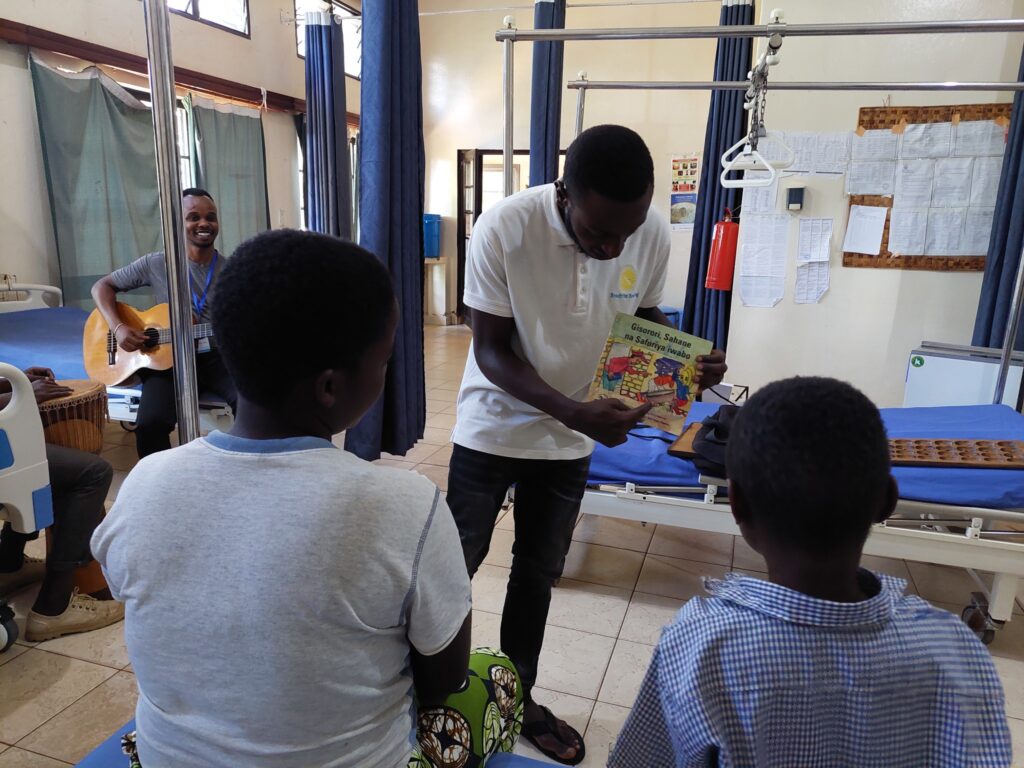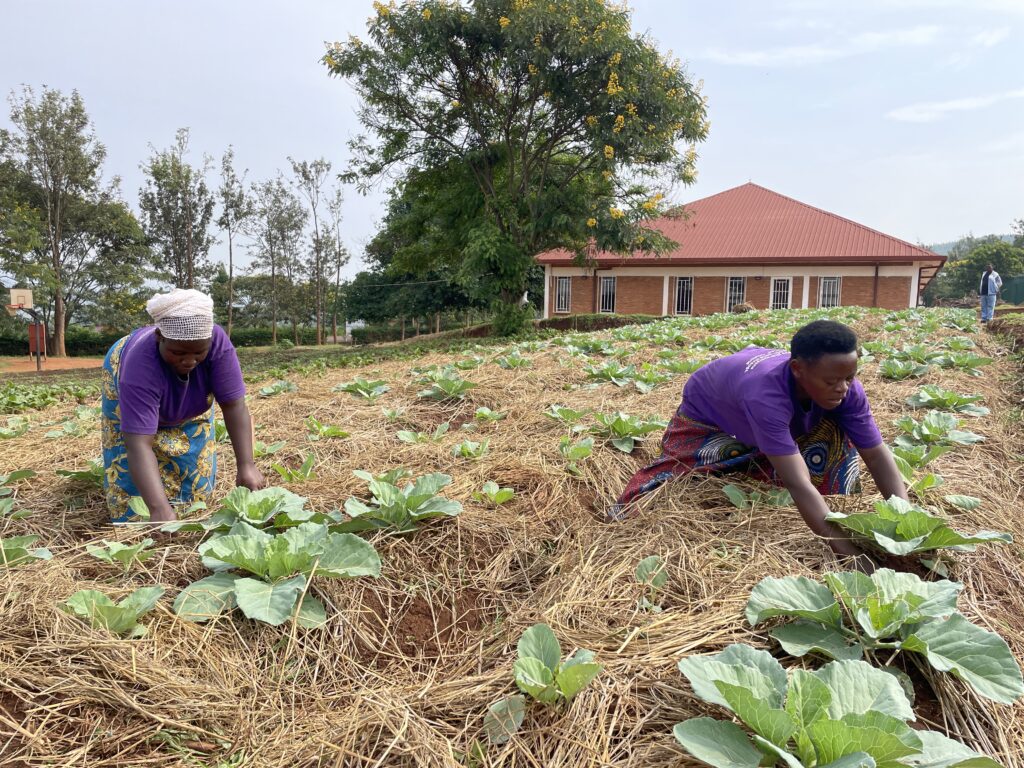
Technology simplifies learning by making concepts more digestible. The Digital Math Program available at the Library/Learning Center makes it easy and fun for children in rural Rwinkwavu to learn math. Before accessing the IXL Math Program, a large percentage of children from our community reported math class to be their least favorite and were sometimes tempted to skip it. Now they are enjoying math the same way they enjoy computer sessions. This combination of IT and Math is attracting many of them to pursue STEM in their future studies.






